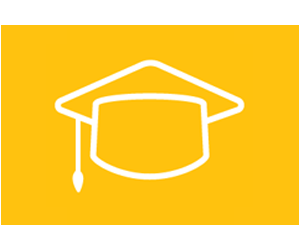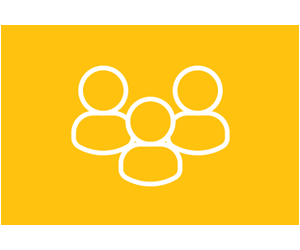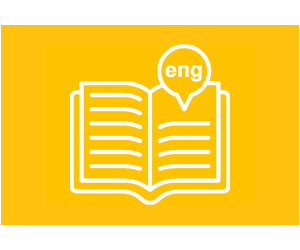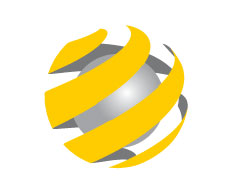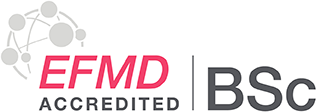The sustainability assessment of products, technologies and companies is the core of the master's degree program Life Cycle & Sustainability. As a student, you will learn to apply a variety of methods and instruments and to make the potential for improvement in value chains transparent. Life Cycle Assessment (LCA), recycling management, industrial ecology and sustainability accounting are the topics you will be dealing with. In small groups, you will learn software and database solutions, work on research projects and project case studies and finally present these to partners in practice. Imparting both technical and business management knowledge, the program offers a wide range of career opportunities, e.g. at the interface of business administration, technology and natural sciences, environmental- and social sciences.
Tuition Fees
Administrative costs, fees for the student id card and a contribution to the student body. No tuition fee for German students, EU or EEA nationals and students with a German university entrance qualification. For other international students: tuition fee of 1,500 euros per semester in Baden-Wuerttemberg.
The program imparts practical application of methodological competence in Life Cycle Assessment (LCA) as well as production and product-related material and energy flow analyses. These methodical competences are then linked to relevant corporate divisions such as production and process engineering, environmental and sustainability management, energy systems and lean production. In small groups, students learn how to handle the standards, methods, databases, software tools and current scientific concepts that are widely used in practice.
As sustainability is increasingly becoming a task for research and development, production planning, etc. interdisciplinary expertise is required. The M.Sc. Life Cycle & Sustainability Master's program aims to train interdisciplinary and versatile managers. Graduates will take on innovative and responsible tasks in consulting and industrial companies, but also in research and politics.
Starting in the first semester, the program offers students course options. In electives, students have the opportunity to deepen their interests in individual areas, e.g. in the fields of lean, energy or innovation and technology management, and thus to develop a personal profile and career destination. Even on an international level, if you wish: There is the option of spending one semester (usually after the 2nd) abroad. Business School Pforzheim has a high-ranking network of partner universities around the world.
Students often learn and work in small interdisciplinary teams. The combination of traditional classroom training with blended-learning leads to an integrated framework of learning. Contacts to companies, for example, are already established during the course of studies within the framework of projects work.

